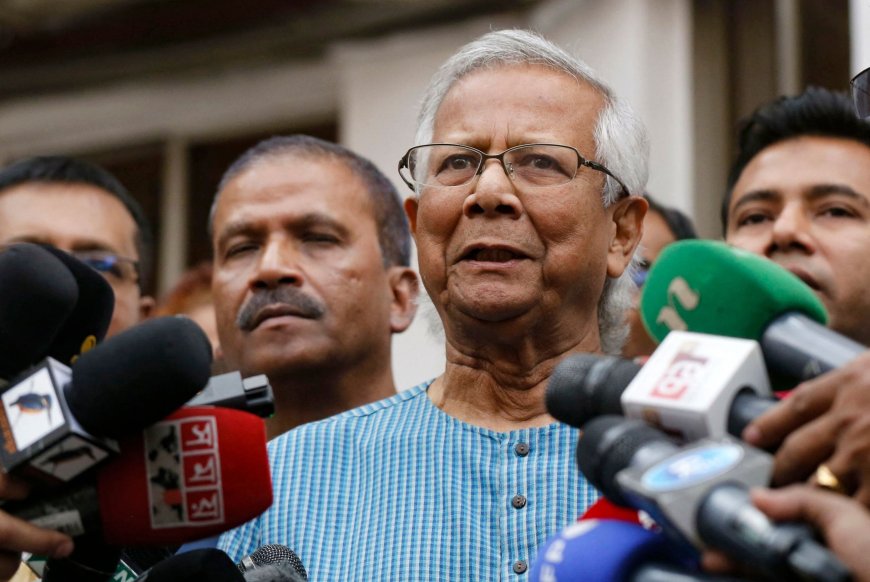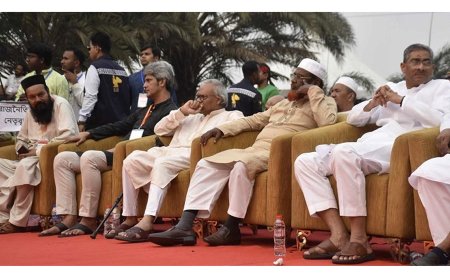Bangladesh issues another CONTROVERSIAL remark, claiming ‘India was nothing…’
Sharing a screenshot of PM Modi's post, the minister stated: "I strongly object. India was just an ally in this victory, nothing beyond that."

Bangladesh’s interim government Law Adviser, Asif Nazrul, has criticized Indian Prime Minister Narendra Modi’s post on X (formerly Twitter) commemorating Victory Day. Nazrul asserted that “India was merely an ally in this victory, nothing more.” Victory Day, also known as Bijoy Dibosh, is observed annually on December 16 to mark the 1971 surrender of Pakistan’s military to Indian forces, culminating in Bangladesh’s independence.
Sharing a screenshot of Modi’s post, Nazrul wrote on Facebook in Bengali, “I strongly protest. December 16, 1971, is Bangladesh’s Victory Day. India was merely an ally in this victory, nothing more.” Modi’s post had paid tribute to Indian soldiers for their sacrifices and called the 1971 war a “historic victory” for India, emphasizing their “extraordinary valour.”
Other members of Bangladesh’s interim government echoed Nazrul’s sentiments. Chief Adviser Muhammad Yunus’s Press Secretary, Shafiqul Alam, and Hasnat Abdullah, Convener of the Anti-Discrimination Student Movement, also criticized Modi’s remarks. Abdullah claimed that Modi’s narrative undermined Bangladesh’s role, framing the war as solely India’s achievement. “Such claims threaten our independence, sovereignty, and identity,” Abdullah stated.
On December 16, 1971, Pakistani forces, led by Lieutenant General A.A. Khan Niazi, formally surrendered to Indian commander Lieutenant General Jagjit Singh Aurora, marking the end of years of West Pakistani oppression and paving the way for Bangladesh’s liberation. The surrender of 93,000 Pakistani troops symbolized the decisive victory of the allied forces of India and the Mukti Bahini.
The change in Bangladesh’s leadership and its diplomatic tone follows the ousting of Sheikh Hasina’s government. A military-backed caretaker regime assumed power after massive anti-quota protests forced Hasina to resign and seek refuge in India, dramatically altering the country’s political landscape and influencing its approach to historical narratives.
What's Your Reaction?





















































































